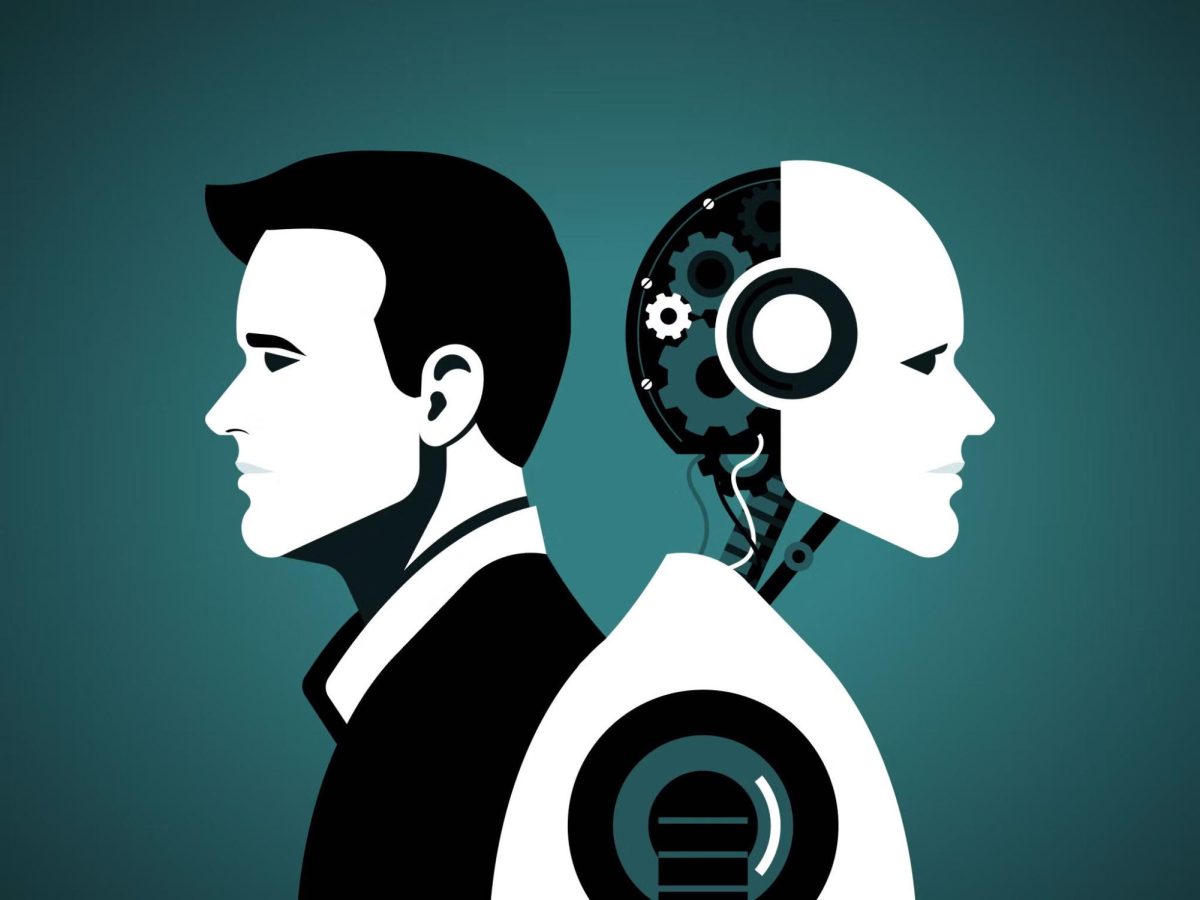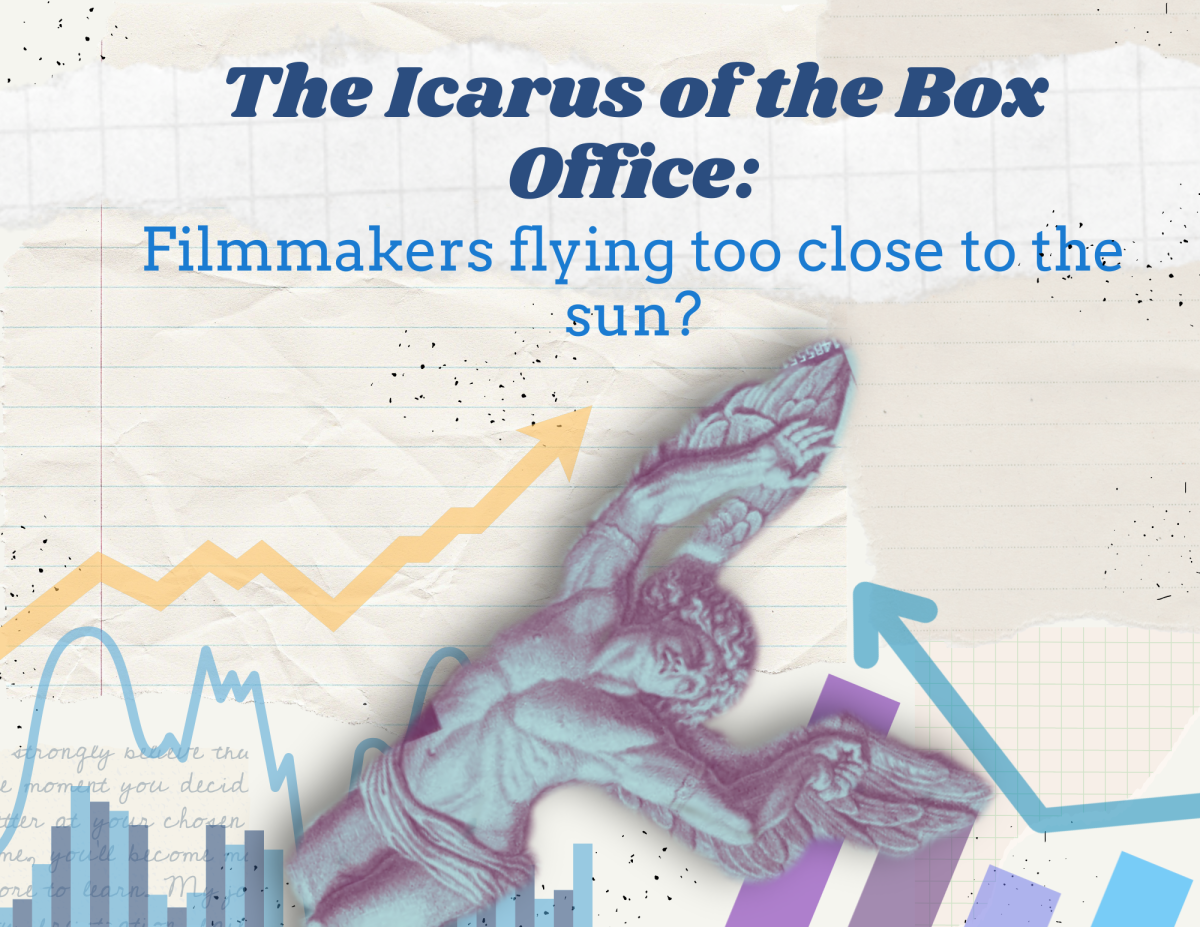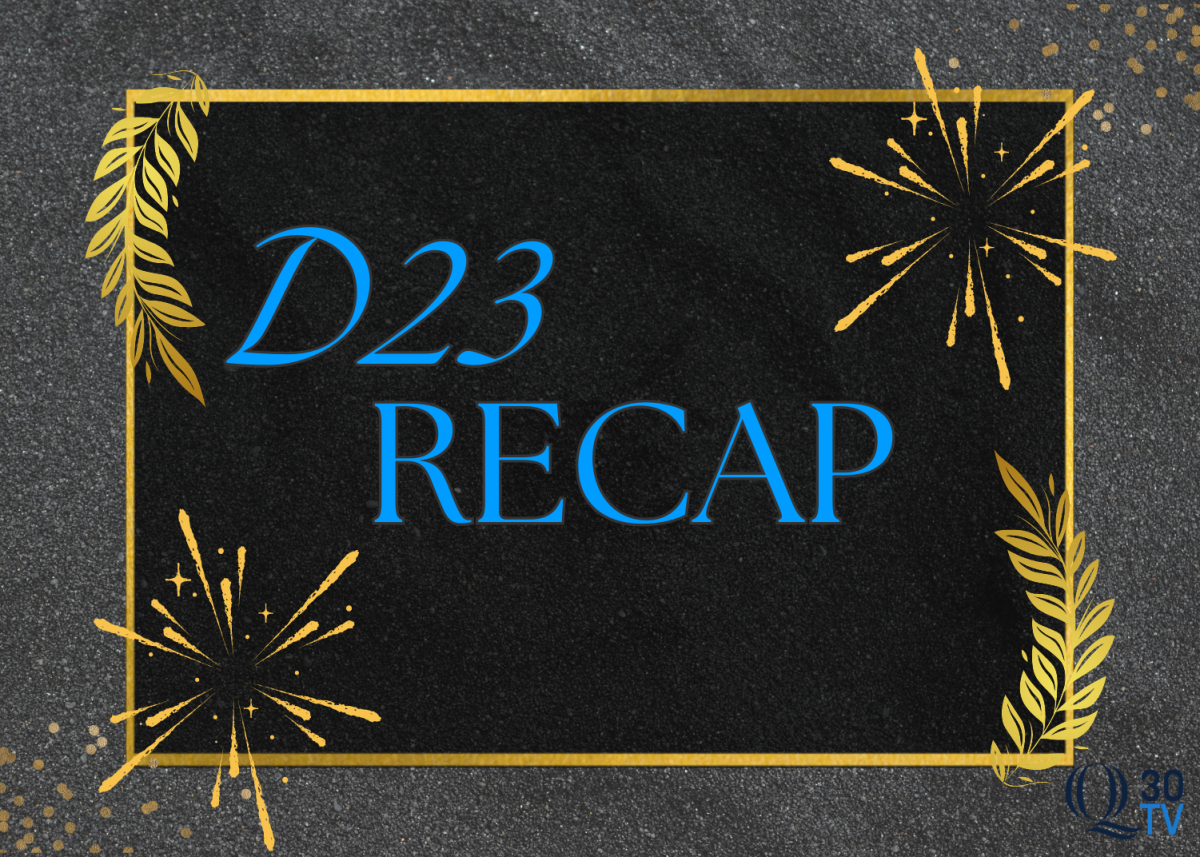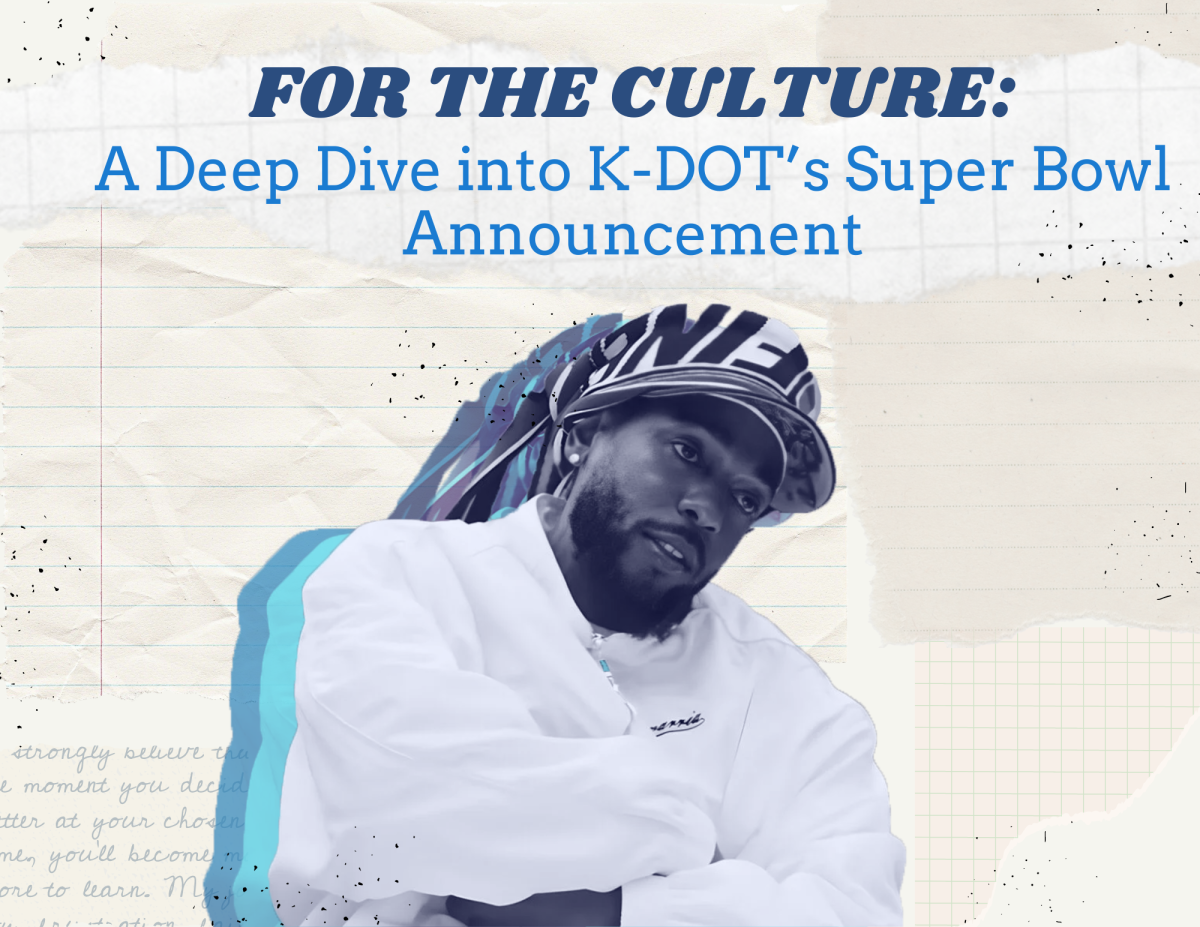The term “AI” or artificial intelligence has become a buzzword in our community since late November 2022. It causes as much awe as it does fear in every industry and serves as an exciting disruptor. The entertainment industry was one of those areas that was hit the hardest.
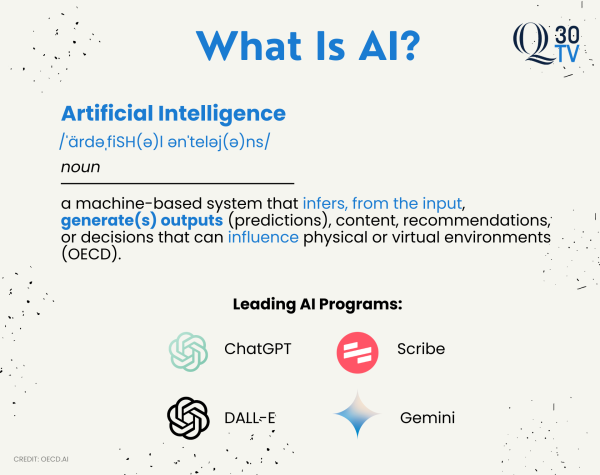
The most concerning aspect of AI includes its ability to generate ideas, photos and sometimes videos from prompts. This has caused a great deal of strife for the industry regarding protecting its IPs or intellectual properties.
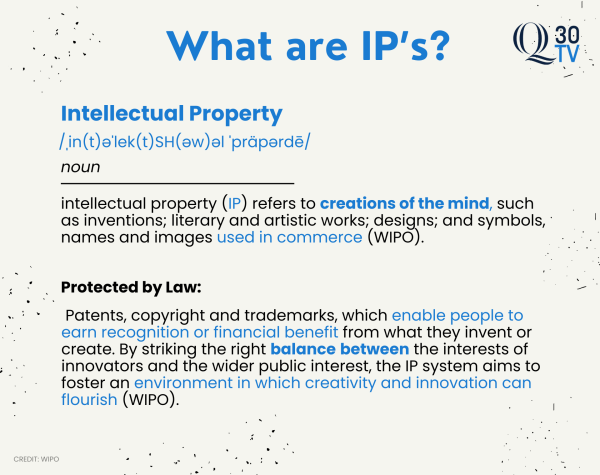
Further discussion raised concerns from both actors and writers alike when it comes to issues like the protection of their jobs. As it stands, the wave of AI developments far outpaces the regulation needed to monitor them. Government policies are still being developed to tackle AI innovations, but it’s not as if progress isn’t being made.
New in AI
Whenever AI news strikes, it shakes up the industry. During the last few weeks of September, there were several notable stories regarding AI. The following are stories recapping the most pivotal usages of the new technology.
Lionsgate:
On Sept. 18, Deadline broke the news that Lionsgate would partner with applied AI research company, Runway. Their partnership sparked the first of many new waves of AI integration into entertainment development. Runway is set to develop an exclusive AI tool for Lionsgate to help with pre-visualizations and complex visual effects (simulations).
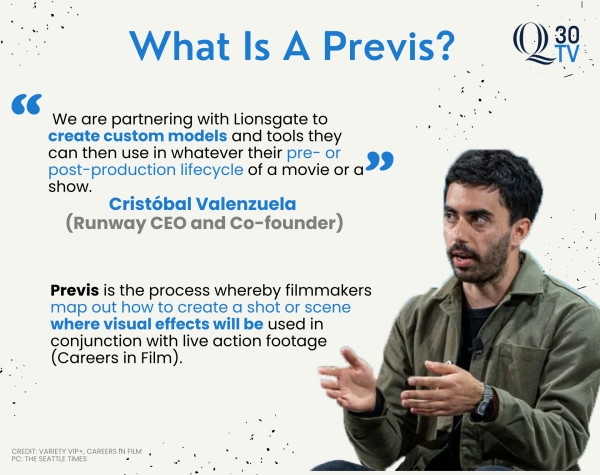
This new AI will be trained on Lionsgate film and TV archives with the end goal of creating a “custom model that only Lionsgate and its filmmakers, directors and other creatives can exclusively use” according to Variety VIP+. However, it should be noted that this deal does not include a data license. This means that Lionsgate media cannot be used to train any video models for Runway’s uses.
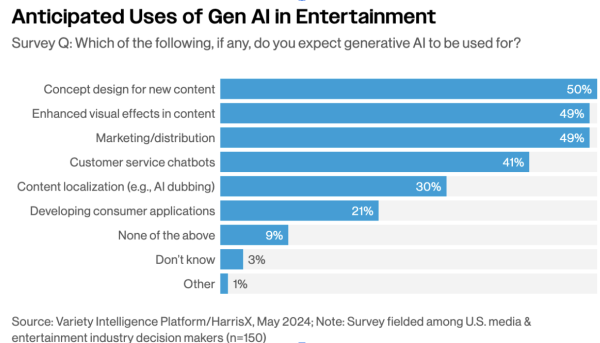
Industry voices
Industry voices are concerned about the Lionsgate deal. Creatives like Reid Southern, concept artist for “The Hunger Games” took to X formerly known as Twitter to voice their concerns, posting, “This is the first step in trying to replace artists and filmmakers” (X). UTA CEO Jeremy Zimmer echoed these sentiments at a conference, calling the Runway deal “concerning” for artists.
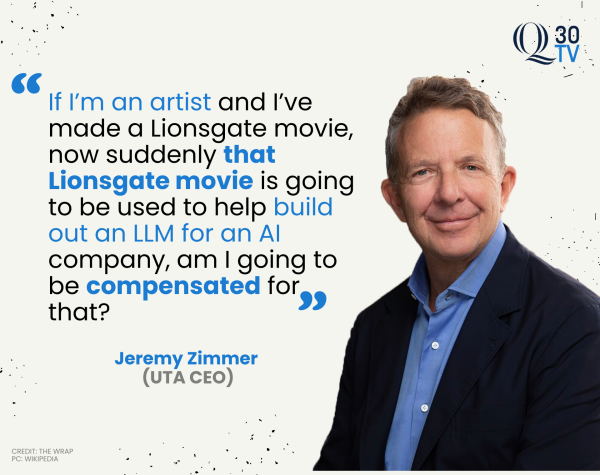
However, studios have the exact opposite opinion.
Studio response
From the studio’s perspective, new technology such as this serves as a great money-saving opportunity. Having the ability to look at the end product before putting it into development saves time for studios to greenlight certain projects.
Additionally, due to agreements through SAG-AFTRA where replicating an actor’s likeness is off the table, studios view this as an innovative step forward to movie creation.
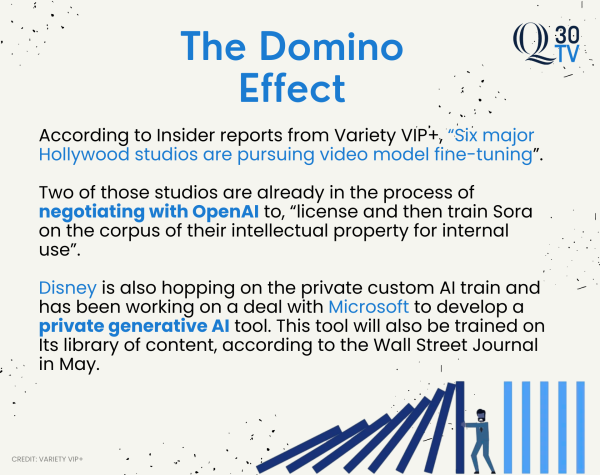
And right now, it seems like studios are not the only ones who are optimistic about AI.
Andy Serkis AI Character Project:
Andy Serkis, known for “The Lord of the Rings” and “Venom: Let There Be Carnage,” teased on Sept. 23 a new project featuring “AI Characters.” Serkis is known for performances involving animation, motion capture and voice acting. He is optimistic about the new landscape that AI innovation will bring.
According to Serkis, the story will be narrative-driven, focusing on, “2D characters created using voice actors before they come out into the AR [augmented reality] world…At that point, they become ‘AI characters’ authored by artists and directors. They are in a world where you can have direct relationships with these CGI characters” (UK Labour Party Conference).
Coming from his background in motion capture, Serkis views these innovations as “another form of magic that is frightening people” (Deadline) and is excited about what this new project will bring to the filmmaking medium.
With new developments happening every day, it won’t be a surprise for more filmmakers to begin integrating these new technologies into their work.
Innovations
Huawei AI-powered cloud solutions and MetaStudio
Innovations in the artificial intelligence space include the Huawei Cloud E³ Media Service. Huawei unveiled its series of AI solutions in Amsterdam on Sept. 16. The service includes features designed to boost content production efficiency and enhance content distribution. Jamy Lyu, president of Huawei, explained that their product would help media and entertainment businesses achieve improved efficiencies and new experiences.
Also at Amsterdam, was MetaStudio with their AI tools for digital content production. These tools allow users to create personalized avatars, customize content and create AI video renders for animations.
These innovations are the first of many coming down the AI development pipeline.
AI law
There is good news when it comes to policy development. As intense as it may be for creatives in the industry right now, California Governor Gavin Newsom hopes to ease those tensions.
On Sept. 17, Governor Gavin Newsom signed laws to protect actors from unauthorized use of AI. This serves as one of the first laws to protect and regulate AI usage in the entertainment industry.
The law protects actors from being digitally cloned without their consent. Other laws to be signed include a law that will allow performers to back out of pre-existing contracts that may allow their likeness to be used for digital clones. Additionally, Gavin Newsom intends to sign into law protection for deceased performers from being digitally cloned for commercial purposes without the consent of their estates.
These laws are supported by SAG-AFTRA members as Governor Gavin Newsom leads the charge on AI regulation and policy.
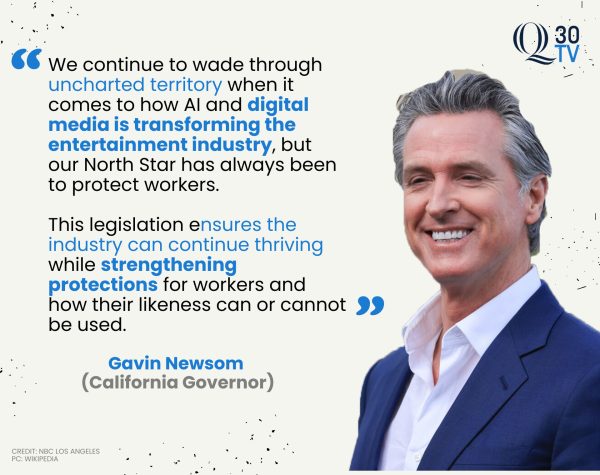
California is one of the first states in the nation to sign laws protecting performers against AI. However, some opponents of the laws claim that the laws are unenforceable and will lead to lengthy legal battles in the future.
Takeaways
Often, it feels nearly impossible to cycle through all of the important news that an industry professional needs to pay attention to, especially when it comes to AI. However, the most important aspect that you need to know from this article is that AI innovation is here to stay. The earliest adaptors will work out the kinks that come with integrating AI into their workflows and it is more than likely that studios will begin partnering with AI research companies.
As it stands the current trend with AI is for studios to develop customized and private in-house models for personal uses while retaining their IPs. This means that AI research companies can’t take advantage of the libraries the models are being trained on. However, studios have also not commented on whether products made through past creations will be compensated to their creators either.
Lawmakers are willing to fight for proper protections while balancing innovation. It’s just a matter of watching and listening. But most of all, if you don’t want to get left behind, start dabbling in AI now. Admit it or not, AI is now an unchangeable part of the future.


